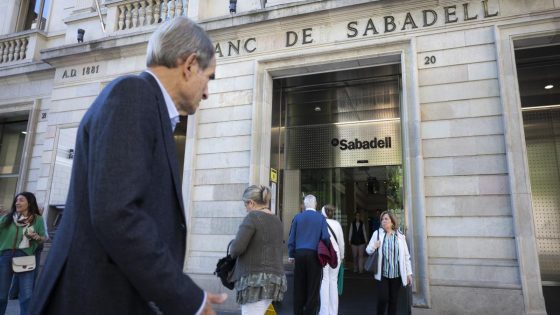On February 10, 2025, Brazil’s Minister Flávio Dino denied a R$ 26,000 payment to a prosecutor, emphasizing the need to control excessive salary additions, known as “penduricalhos.” This decision highlights the ongoing debate over public sector salaries and fairness in Brazil’s judicial system.
- Dino dismissed the argument regarding salary increases.
- STF's binding precedent limits judicial salary adjustments.
- Criticism of uncontrolled additional payments by judges.
- Decision may impact similar legal cases.
- Complexity in identifying effective salary ceilings.
- Concerns over excessive and varied payment reasons.
How can the judiciary maintain fairness without opening the floodgates for endless salary demands? Dino’s ruling may set a precedent for similar cases in the future.
Brazil’s Judicial System Faces Salary Control Challenges
Why is controlling salary additions so crucial in Brazil? The recent ruling by Minister Flávio Dino sheds light on the complexities of public sector compensation. Dino criticized the judiciary’s role in addressing numerous claims for salary equality among various legal careers, warning against a chaotic system of payments.
Understanding the Impact of Dino’s Decision on Public Sector Salaries
Dino’s decision not only affects the specific case at hand but may also influence future salary claims across Brazil’s judiciary. The ruling underscores the difficulty in identifying the actual salary caps and the various reasons for additional payments.
- Judicial system criticized for lack of payment transparency.
- Potential for similar claims from other judges and prosecutors.
- Concerns over a “vale-tudo” approach to salary equality.
- Need for clearer guidelines on public sector compensation.
Key Takeaways from Dino’s Ruling on Salary Additions
This ruling emphasizes the importance of maintaining a structured approach to public sector salaries. Dino’s focus on avoiding a chaotic system of salary demands can serve as a lesson for other countries grappling with similar issues.
Potential Consequences for Brazil’s Public Sector
The implications of Dino’s decision could lead to stricter regulations on salary additions in Brazil. By addressing the issue of fairness and transparency, the government may pave the way for a more sustainable approach to public sector compensation.
In conclusion, Flávio Dino’s ruling highlights the ongoing struggle for fairness in Brazil’s judicial salaries. As the situation evolves, it remains to be seen how this will affect public sector pay and the broader implications for governance.

































